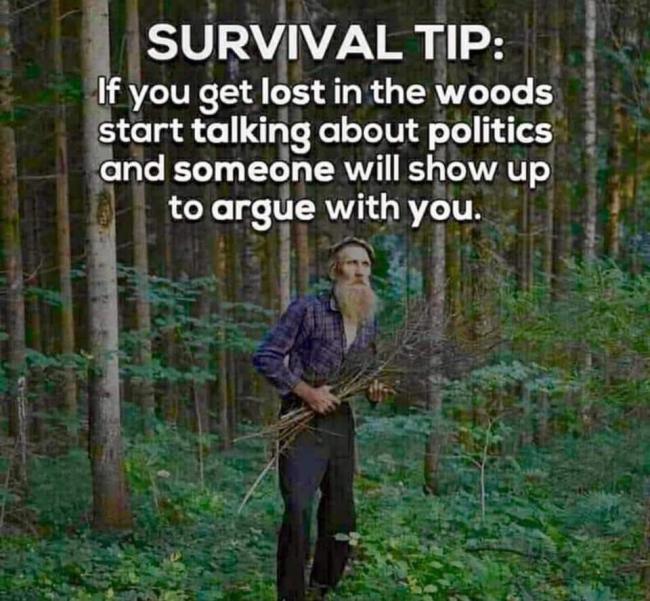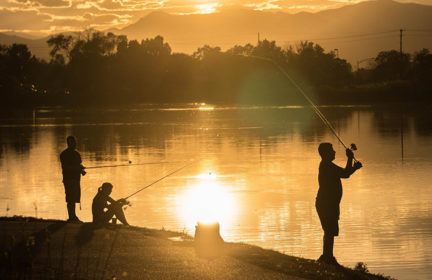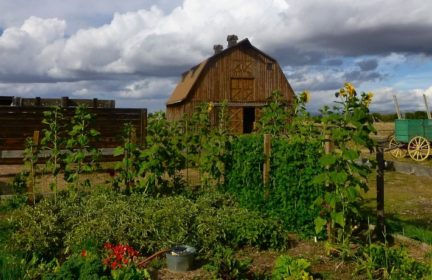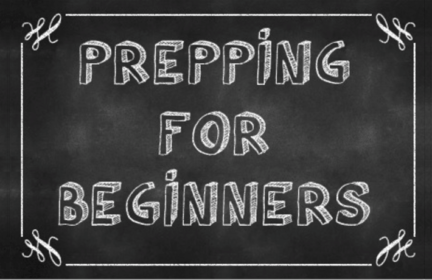When the crisis becomes prolonged, how do you survive?
Come with me again and let’s look at a different scene. It is late September 2023. The trees are wrapped in warm golds, oranges and browns. Leaves are beginning to reach for the earth. The air is scented with a spicy decay.
The world is a different place in September 2023.
Covid-19 never went away because transmission between humans continued. Each time the virus transmitted from person to person, it copied itself between 10,000 and 1,000,000 times. Each time, those copies carried a risk of variant creation.
The emerging variants became the wild cards in a new and deadly game of survival.
In 2021, during the third wave, everyone saw how younger people were now being infected. No one could have imagined what life in 2023, less than two years away, would become.
Vaccines had been developed and at one point, people relaxed and thought it was over and that life as they had known it would soon get back to normal.
That was before two variants quietly merged to form the first recorded ‘recombinant’ virus. The event was reported in the media on February 17, 2021. Two variants, B.1.1.7 from the U.K. and B.1.429 from California combined.
B.1.1.7 was more transmissible and B.1.429 was able to resist some antibodies. It had researchers worried but not panicking. They felt that the future might focus on booster shots to workaround any pesky new variants.
But, the last paragraph was one that contained the warning that was buried at the end of the article:
“There are a variety of factors that impact the transmissibility of a virus, including human behavior, population structure and immunity levels, if some deadlier recombinant strain spreads or not.”
The world played the wrong hand by not changing the one thing they had control over: their behavior.
Two more variants again quietly merged in the winter of 2022, only this time both variants were highly transmissible and both antibody resistant. The event was a biological marriage made in hell.
Their union unleashed a variant that was highly lethal and easily transmitted upon a world that was exhausted from coping with a pandemic since 2019.
Leaders from the civic through to the national level all struggled to find solutions and ways of navigating through a situation that had become much worse and more taxing of their already strained resources.
Researchers, who had so quickly developed vaccines in 2020 for SARS-Cov-2 now labored fruitlessly to arrive at an effective vaccine.
Control of the new variant was just beyond their reach, and more variants were occurring because a pandemic fatigued world had tired of mask wearing and social distancing.
Those who had been doing what they could do to stop the spread of Covid grew tired and fatalistic. Those who refused to do anything to help stop the spread, said “I told you what you were doing wouldn’t work.”
Many people were beginning to show signs of mental instability from the ongoing and worsening stress. Homelessness was increasing. Murder suicide, domestic violence, addiction and child neglect skyrocketed.
Theft, vandalism and acts of violence further drove the crime statistics up.
People wanted to wake up from the nightmare or escape it. It was a groundhog day, endlessly repeating and from which there was no escape.
As the death rate climbed, health care was over run. People died alone and suffering badly for a lack of drugs and other supplies that would have helped them have an easier passing. Mass graves became commonplace as they had in the Spanish flu and other disasters.
Those who could still work, worked from home. Children were home schooled. Still others lost their jobs and relied on their wits. Start up businesses failed for the most part because no one had any money.
Gardens became gold. People tilled their entire yard and planted everything. Elaborate security systems were devised to protect these precious crops. Hungry people were shot at for reaching into a yard to pick a tomato. The lucky gardeners could electrify their fences.
Hunters hoping to use venison as a food source discovered a chronic wasting disease in deer that also affected other animals such as bovine and sheep, a form of mad cow disease. Eating the meat was not recommended.
People began to fish instead, but instead of setting up fish farms, most of them over fished and soon the fish populations were decimated.
People who didn’t understand safe stewardship of rabbits contracted diseases that required treatment and medical intervention such as pasteurellosis, ringworm, mycobacteriosis, cryptosporidiosis and external parasites through scratches and bites.
Unfortunately, medical intervention and treatment now consisted of field hospitals where the ill and dying are laid on cots and administered what little medications are now available. There isn’t enough equipment to go around.
The factories that produced ppe’s, sanitizer and other items fell to the economic tsunami caused by the prolonged and worsening effect of Covid and the new variant. There weren’t enough people to run the factories, or to supply them with raw materials, or to ship and transport what they needed.
Many people adopted a vegetarian diet and sought protein in increased legume crops.
We are preppers. We were ready for this, at least in the beginning we were, or so we believed. Were we as prepared as we thought?
Now, we are all only one bad gardening season away from starvation.
It feels like the world we knew is being de-constructed.
Look around you. This is our world as we stand here on a crisp autumn day in September 2023. There is no one outside. Many are ill, some are too afraid to come out even if they have a mask. In the distance we can hear coughing, crying and death rattles.
We look at the road ahead of us on the street where we are standing. Where do we go from here? Do we bug out and go back to nature and throw ourselves on her mercy?
What do we do now to survive?
Here are the links for factual references in this scenario:
https://www.usgs.gov/media/images/distribution-chronic-wasting-disease-north-america-0
-
Comments (43)
-





